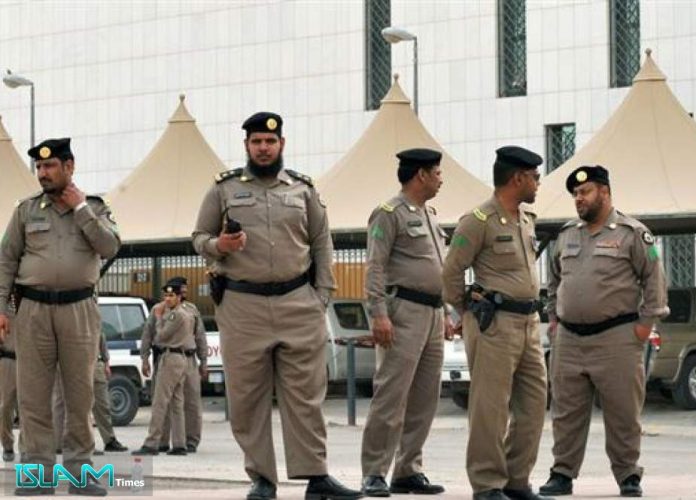Nearly a dozen young men from the religious minority sect known as Shiite have been detained by Saudi forces after they reportedly invaded homes in the kingdom’s oil-rich, Shia-majority Eastern Province and detained ten young men.
According to a statement released by the Committee for the Defense of Human Rights in the Arabian Peninsula (CDHRAP), on Monday morning, Saudi armored troops stormed residential buildings in Hafar al-Batin city, al-Awamiyah town, and Umm al-Hamam village in the Qatif region and detained ten young people. The rights group went on to say that the police took the young men to a place they didn’t know about.
The majority of Shia people in the oil-rich Eastern Province have long complained of being marginalized and invaded by the Sunni ruling family.
In particular, in Eastern Province, Saudi Arabia has increased politically motivated invasions, arrests, prosecutions, and convictions of peaceful dissident writers and human rights advocates.
ALSO READ: Saudi Arabia to slap severe sentences against 11 young Shia men from Qatif region: Report
Since February 2011, the province has been the site of peaceful demonstrations. Reforms, freedom of speech, the release of political prisoners, and an end to the region’s economic and religious discrimination have been the main demands of protesters.
However, the protests have been met with a severe crackdown following the subsequent peaceful demonstration, the regime forces increasing provincial raiding measures.
Social media activists reported last month that prominent Shia cleric Sheikh Hassan al-Khuwailidi had been detained by Saudi forces. This occurred amid efforts by the authorities to silence influential religious scholars and move forward with plans to Westernize Saudi Arabia’s cultural setting, which is heavily influenced by Arab and Islamic culture.
In late December last year, Saudi officials gave prominent Shia cleric Sheikh Kadhim al-Amri a four-year prison sentence.
The clergyman, the son of the late Sheikh Muhammad al-Amri and one of the most prominent religious figures in the holy city of Medina received the ruling on December 24, according to the Lebanon-based al-Ahed news website.
Even in the face of international condemnation of the crackdown, Saudi Arabia has had almost zero tolerance for dissent ever since bin Salman became the kingdom’s crown prince and de facto leader in 2017. Since then, the kingdom has detained dozens of activists, bloggers, intellectuals, and others whom it considers to be political opponents.
Islamic scholars have been put to death, women’s rights activists have been invaded in their various homes, imprisoned, and tortured, and freedom of speech, association, and belief is still denied.
Riyadh has also rewritten its anti-terrorism laws to target activism in recent years to increase the number of people prosecuted for belonging to these Muslim minority sects.
Shia cleric Sheikh Nimr Baqir al-Nimr was executed by Saudi authorities in January 2016. He was a vocal critic of the Riyadh regime. In 2012, Nimr was detained in Qatif. Also, a 20-year-old Ali Mohammed Baqir al-Nimr was falsely caused of sedition, rioting, protesting, and robbery in the Qatif district.
Detaining of minors in the Kingdom has become a norm of the regime, Ali al-Nimr and Rida al-Rubh who were below 18, were two of the dozen of people who have been tried for the protest in Qatif, specifically in the village of Awamiya, where it took place.
The Kingdom has been known for its high record of human rights violations, clamping on individual who questions their inhumane activities.













